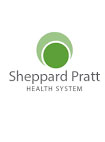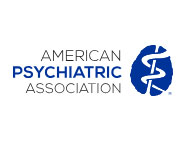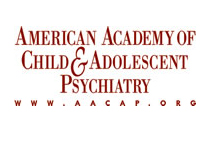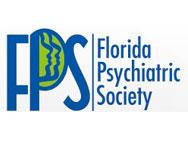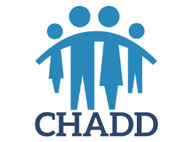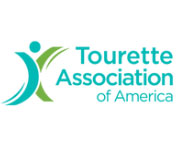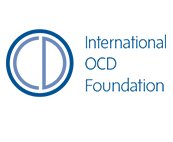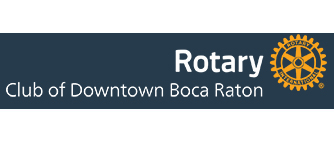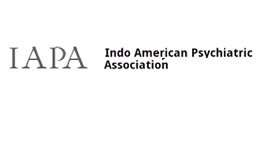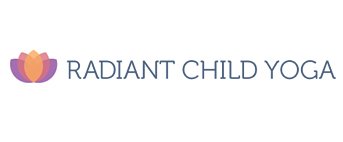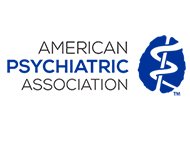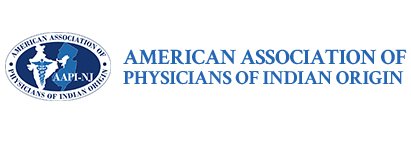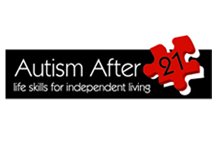Social Media Misuse

Today, social media overuse is emerging as a problem not only for teens but also for younger children. In fact, 51% of teens admit that they are on social media too much, and In 2021, 40% of tweens (ages 8-12) reported using social media at least once (Sherer & Levounis, 2024). In addition to this 18% of tweens reported using it every day (Sherer & Levounis, 2024). However, the risk of developing an addiction to social media is not associated with the amount of time spent on these platforms but rather how one uses this time. For example, link jumping without gaining any knowledge is not a productive use of screen time.
How do I Identify Social Media Misuse?
When determining if someone has social media use disorder, important first questions to ask during an interview include: Are they actively posting content or are they passively scrolling, are their accounts named or anonymous and does their online persona reflect their offline selves or are they different? There are several reasons behind social media use disorder. In order to evaluate the severity of this addiction and the causes behind it several scales are shown below:
Bergen Social Media Addiction Scale: This scale was originally used for Facebook. A score of 24 or above can hint towards addiction.
Scale
Here are six statements to consider. For each, answer :(1)very rarely, (2)rarely, (3)sometimes, (4)often, or (5)very often.
- You spend a lot of time thinking about social media or planning how to use it.
- You feel an urge to use social media more and more.
- You use social media in order to order to forget about personal problems.
- You have tried tio cut down on the use of social media without success.
- You become restless or troubled if you are prohibited from using social media.
- You use social media so much that it has had a negative impact on your job/studies.
Social Media Disorder Scale: Nine yes/no questions that are based on addiction domains.
Cognitive Behavioral Route: Excessive social media use is a consequence of users who see social media as a distraction from their problems.
The Social Skill Route: Initiated by people who gravitate to social media due to problems with self-esteem or self-representation in the real world. This attribute makes users more vulnerable to developing social media overuse.
Dr.Kothari is amazing! She has been my doctor for years...
I have been a patient of Dr. Kothari for over three years. She has invested her heart...
Dr. Kothari has been seeing my sons for seven years. She is a wonderful resource...
Dr. Kothari is very caring. Appointments and waiting times are great...
When we started seeing Dr. Kothari, my son was dealing with a great...
Dr. Kothari has saved my life, this I can say without reservation...

 Patient Forms
Patient Forms Videos
Videos Location
Location

